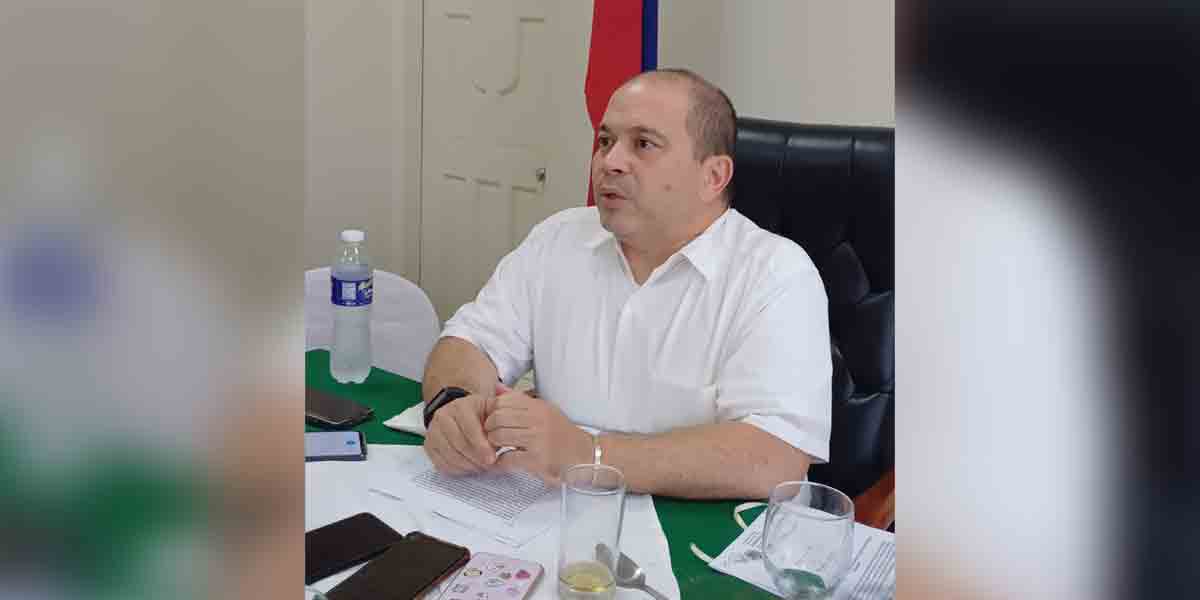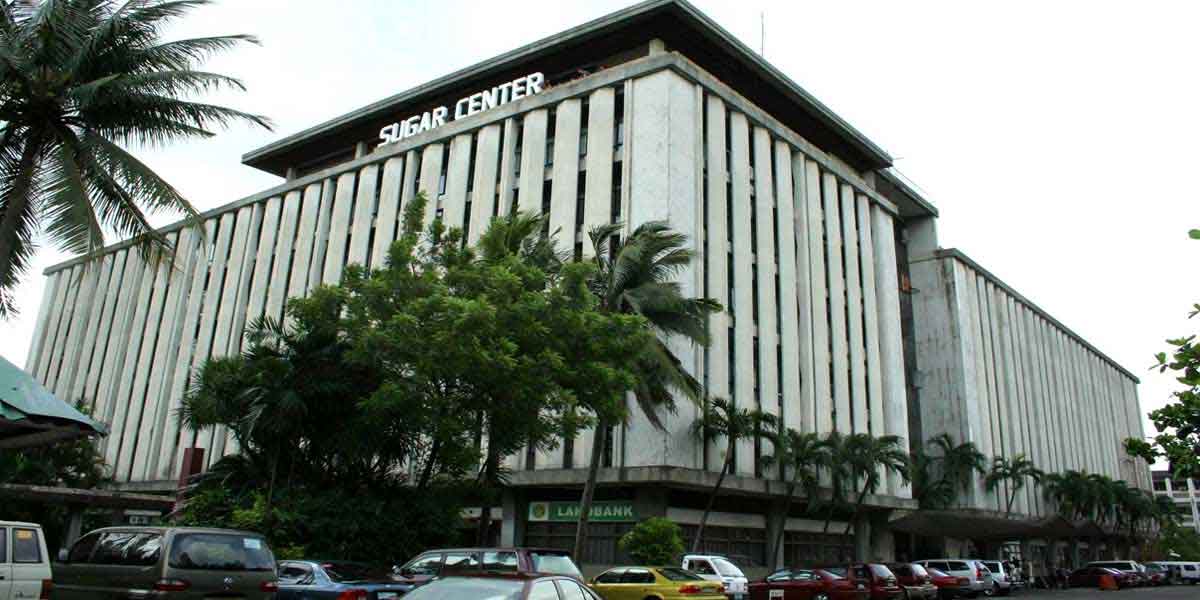By Herman M. Lagon
As we mark this Monday, March 18, the 79th commemoration of the Liberation of Panay, let us not only tag the day but also deeply reflect on a chapter of our local history that had a profound impact on our nation. The tale of Panay’s emancipation is more than a mere historical event. It stands as a potent emblem of the resilience, resolve, and grit of the oppressed people who yearned for freedom. Ilonggo insurgents and American troops collaborated during WWII to free Panay Island from Japanese control. Their brave actions are commemorated on this day.
It is essential to recognize and appreciate the diverse group of people who joined the guerrilla forces and exemplified the strength of collective action. Among their varied occupations, they included engineers, physicians, farmers, and fisherfolk. These Ilonggo men and women’s unwavering determination significantly diminished the number of Japanese soldiers, clearing the path to liberation. Stories of such true unity and persistent resistance are more than just historical; they teach us something about how to live our lives now and in the future.
The day was officially designated as a non-working holiday by then-President Corazon C. Aquino under Proclamation No. 430 in 1989, but it was more than that. It serves as a powerful reminder of our people’s complicated history and the sacrifices they made for the freedom we enjoy today. In honor of the heroic 6th Military District and the people of Romblon and Panay, who gave their lives for our freedom, this proclamation emphasizes the historical and emotional significance of the day.
The liberation strategy showcases the bravery and planning that went into the struggle for independence since it involved contact between General Douglas MacArthur and local officials such as Colonel Macario Peralta. Liberation efforts in the Philippines were influenced by the need to secure vital navigation channels; this went beyond just freeing an island.
The guerilla forces’ ability to take control of most of Panay before the arrival of American troops and successfully attack key places shows how effective and well-supported they were. The Filipino people’s unfettered and enthusiastic reception of American troops signified a watershed moment in our nation’s history, representing both hope and a shift in the tides of an oppressive occupation.
Subsequent mop-up operations further demonstrated this degree of collaboration between Ilonggo rebel groups and American troops. With the Japanese pushed back and Panay and the surrounding islands reclaimed, the liberation was finally accomplished.
Additionally, this day will have educational possibilities. Understanding the complexity of war and the need for peacemaking requires younger generations to reflect on the sacrifices made by their forefathers. Furthermore, celebrating Panay Liberation Day fosters a sense of unity and national honor. As a nation, we grow closer and more grateful for our freedoms as a result. The power of unity in pursuit of a common objective is on full display here.
This is also a chance to honor the sacrifices made by those who fought for our freedom and commemorate those who have passed away. This is a moment to reflect on the sacrifices made by the many, both in the military and among the general populace, who stood in solidarity with the freedom fighters.
Lastly, Panay Liberation Day represents hope. Even amid insurmountable odds, it serves as a continual reminder that, with the right cause and with God’s grace, unity and independence are within reach. We remember our forefathers on this day and pray that the present and next generation will be just as courageous activists as they were.
To commemorate the Panay Liberation is to do more than merely note the passing of time. This pivotal moment in our nation’s history teaches us lessons of genuine progressivism, militancy, and advocacy. We honor the sacrifices made by those who came before us and celebrate the freedoms we now enjoy. On this day, when we typically take our liberties and peace for granted, we should all pause from our hectic lives to remember the sacrifices our ancestors made so that we can enjoy them.
***
Doc H fondly describes himself as a ‘student of and for life’ who, like many others, aspires to a life-giving and why-driven world that is grounded in social justice and the pursuit of happiness. His views herewith do not necessarily reflect those of the institutions he is employed or connected with.





















Comments are closed.